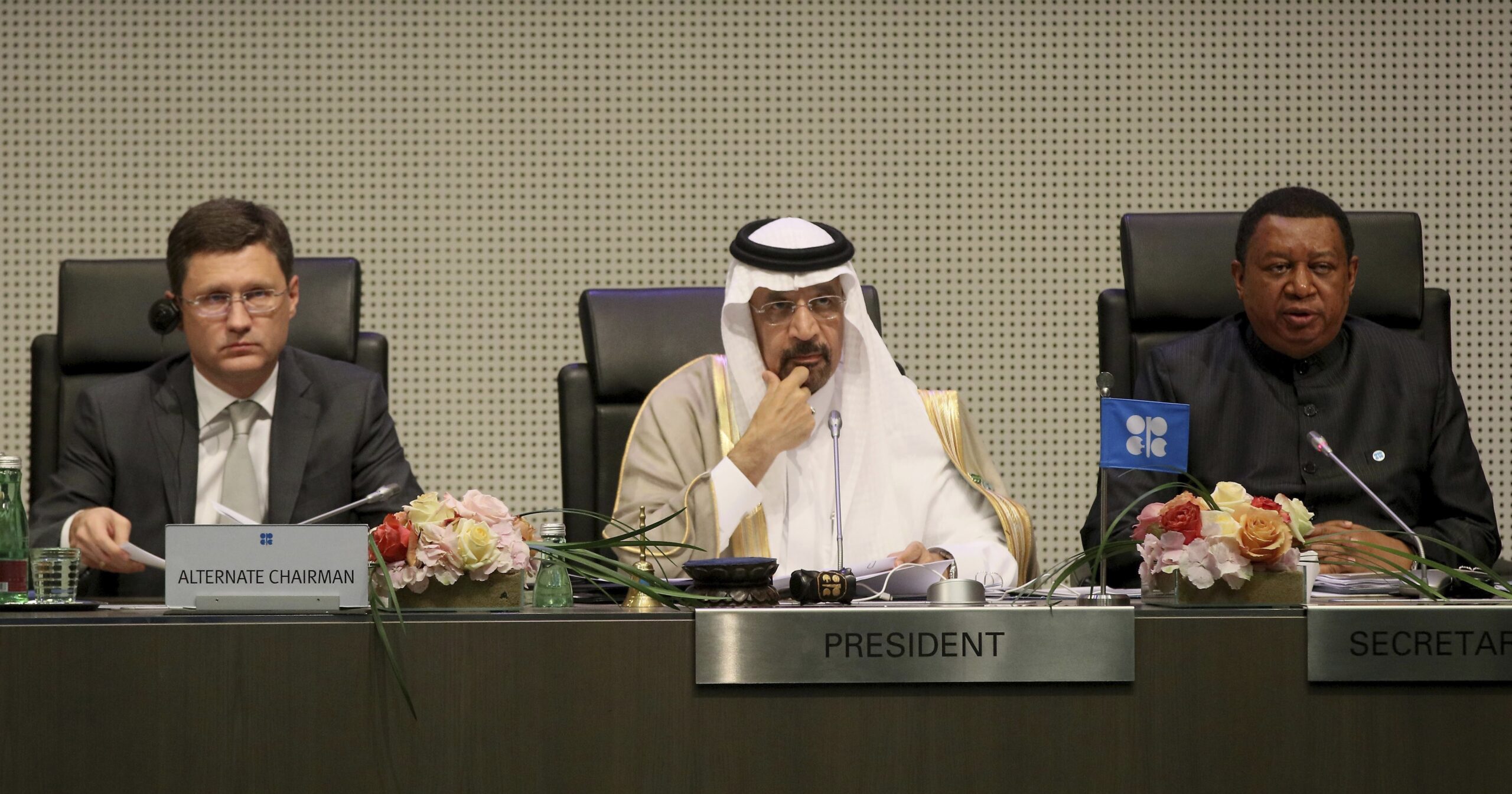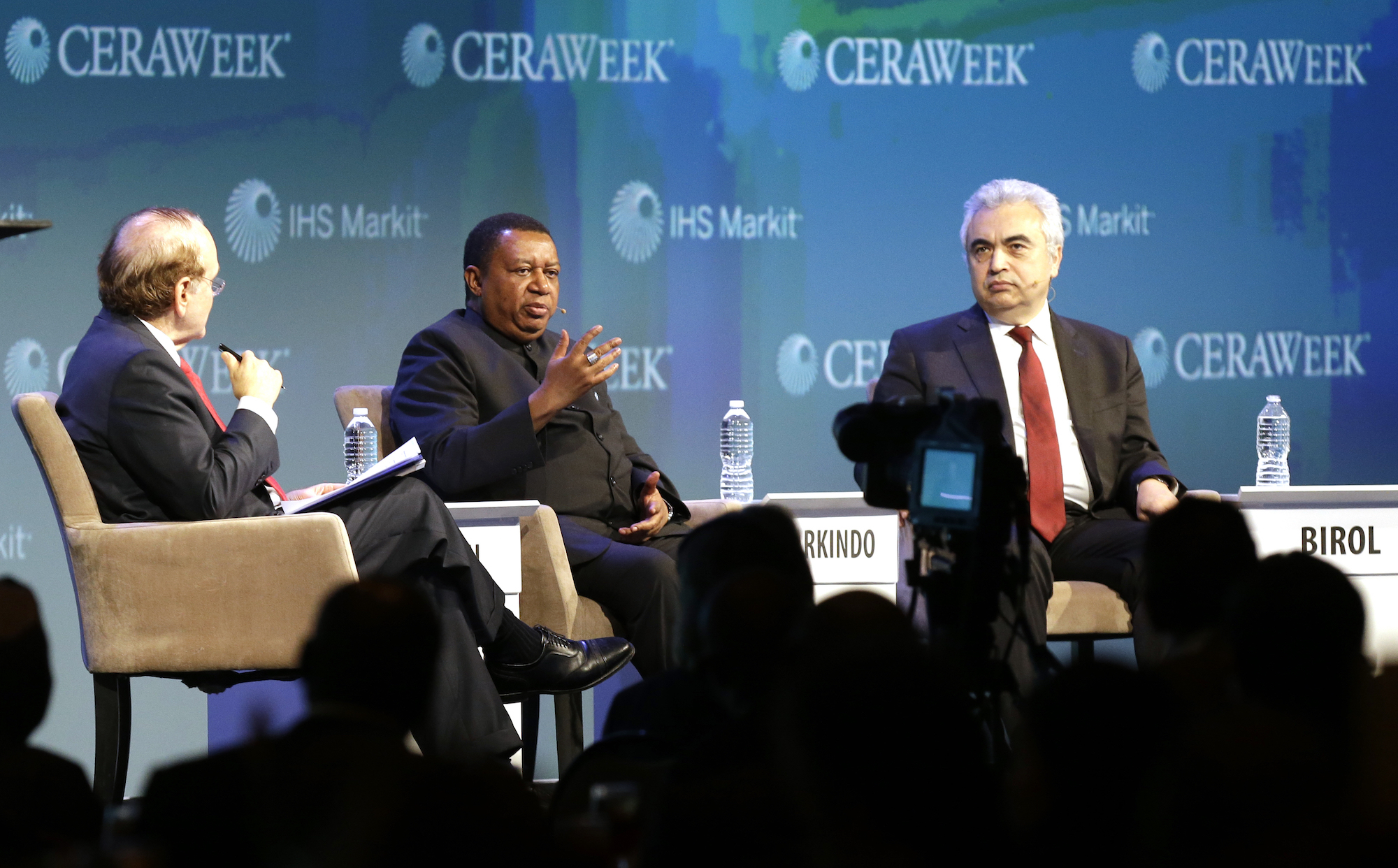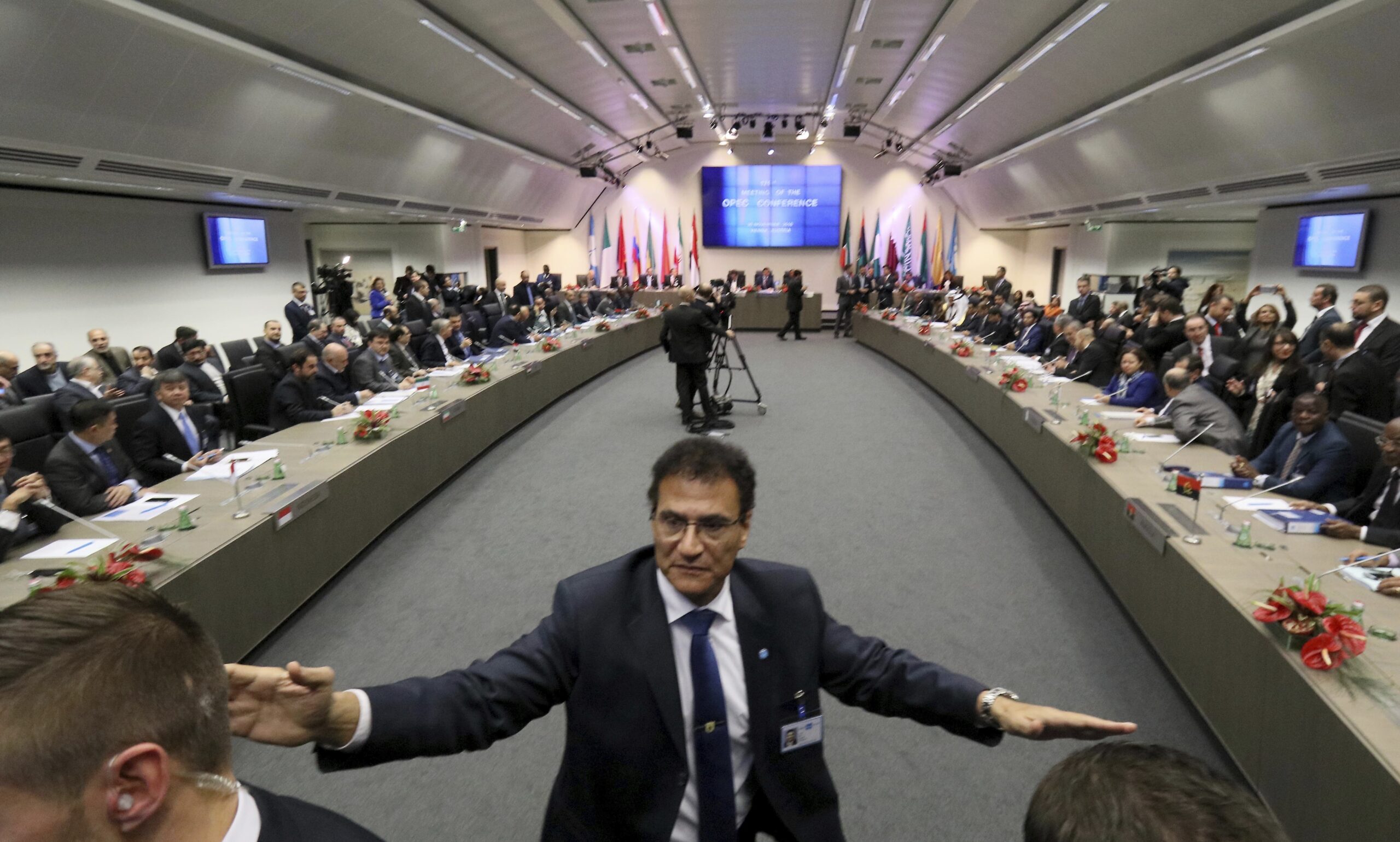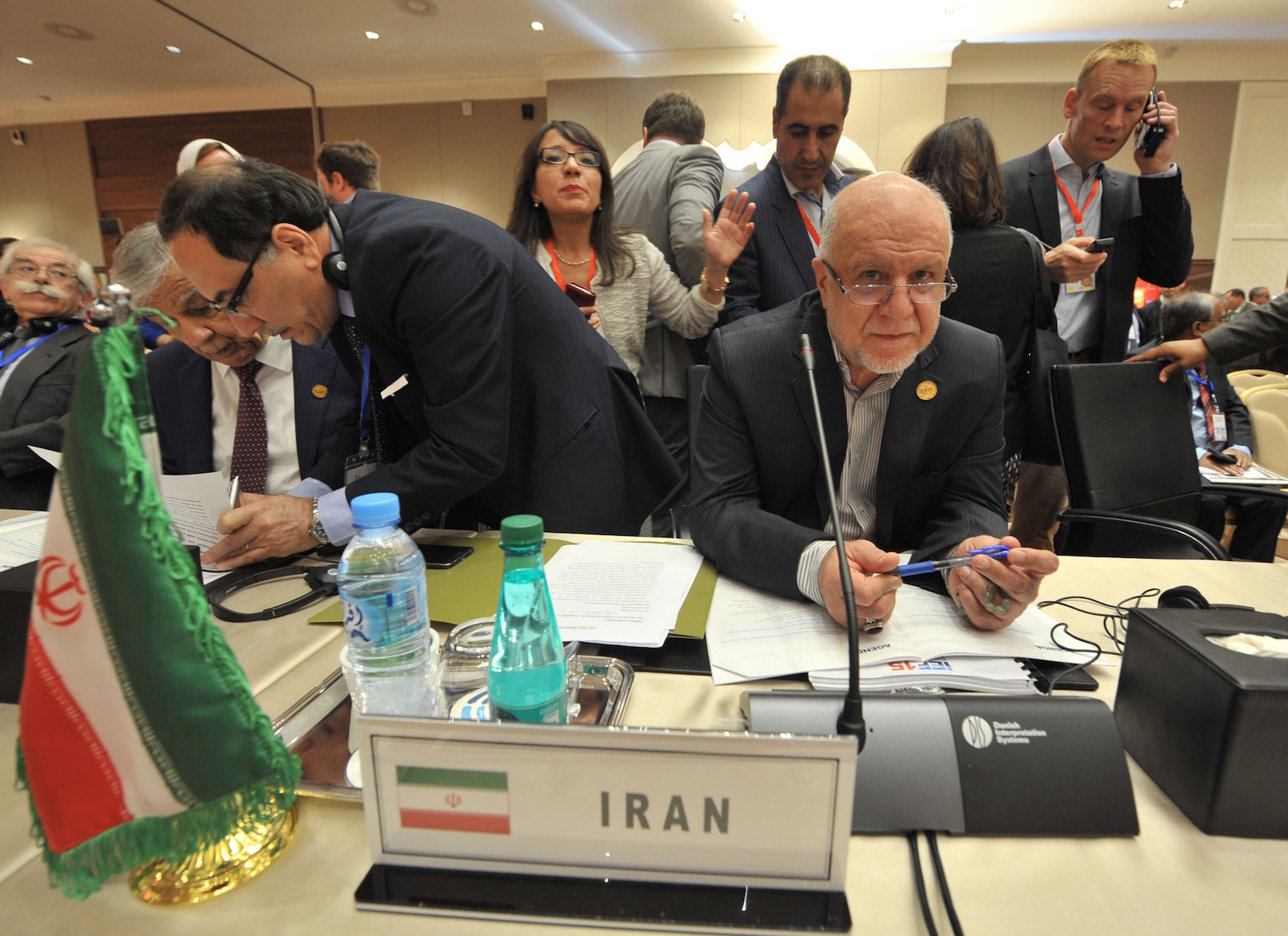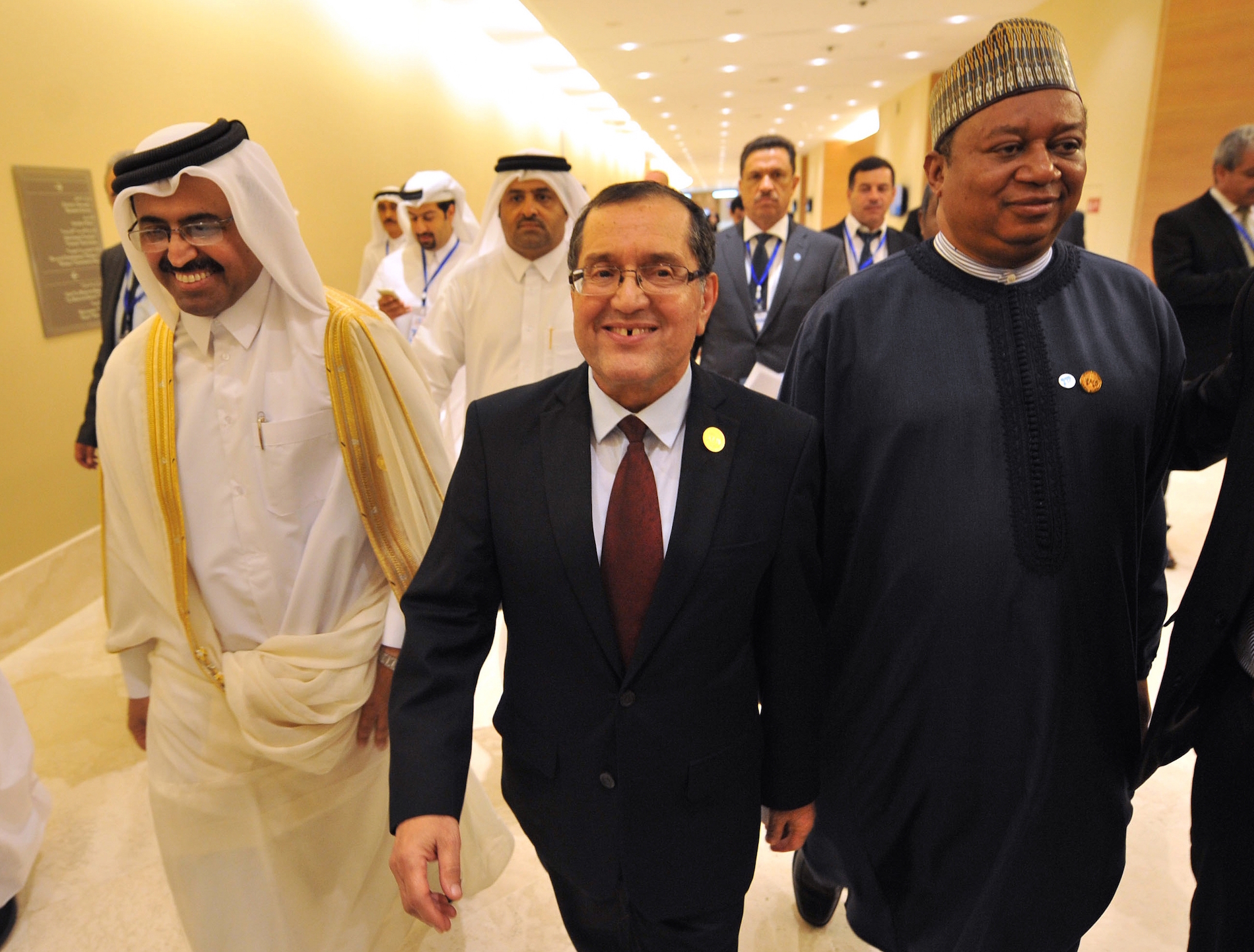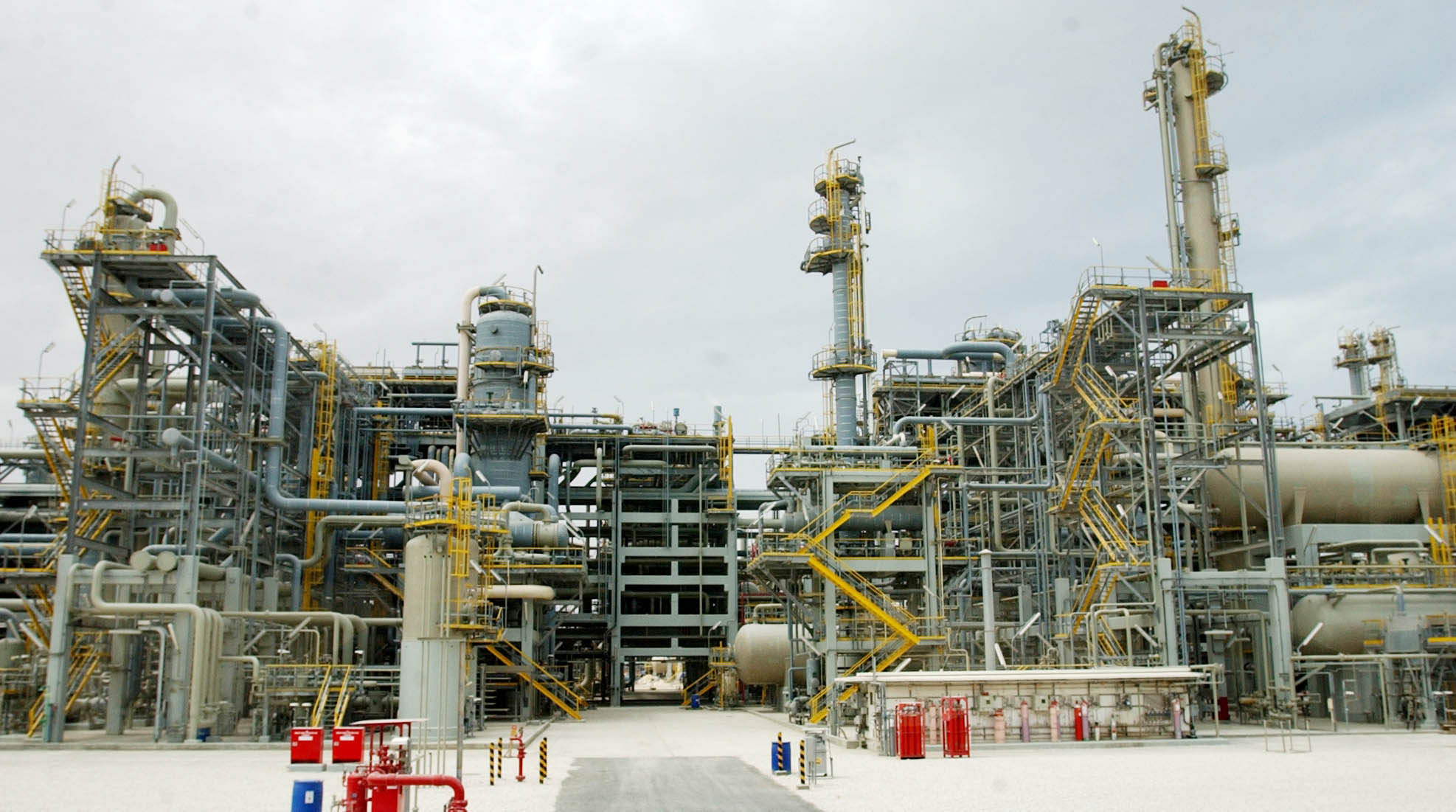
Walid Khadduri
Contributor
Walid Khadduri is a former non-resident fellow at the Arab Gulf States Institute in Washington. Formerly, he was the director of information and international relations at the Organization of Arab Petroleum Exporting Countries in Kuwait and the managing director and editor-in-chief of the Middle East Economic Survey (MEES). Additionally, he was the editor of the economic section of the Arab-daily Al-Hayat, as well as a weekly columnist.
Khadduri has served as a researcher at the Royal Scientific Society in Amman, Jordan; the director of research at the Institute for Palestine Studies in Beirut, Lebanon; and an instructor in the Department of Political Science at Kuwait University.
Khadduri received the 1993 Award for Excellence in Written Journalism from the International Association for Energy Economics. During the 2008 OPEC Summit he received an award from Saudi Arabia’s King Abdullah for recognition of outstanding journalism in the field of petroleum and its industry, contributing to the awareness of the roles of petroleum and OPEC in the global economy. In 2009, he received the first OPEC Award for journalism for an outstanding career in oil and energy reporting. He received an award from the Iraqi Economic Network for his excellence in energy economics and his contributions in informing international public opinion about the Iraqi economic sector in 2013. Additionally, in 2014 he received the Abd Allah Bin Hamad al-Attiya award for Lifelong Achievement in Energy Journalism.
Khadduri is the editor of Abd Allah al-Turaiqi Collected Works (Center for Arab Unity Studies, 1st edition 1999, 2nd edition 2005). He is also the author of many articles on the Middle East petroleum industry, global oil and gas markets, and Middle East geopolitics
Khadduri obtained a bachelor’s degree in social sciences from Michigan State University and holds a master’s degree and PhD from the Johns Hopkins University’s School of Advanced International Studies (SAIS).

